How many times have you decided to buy a big-ticket item solely because you could charge it and afford to make the minimum payments? Five times? Ten times? Every time?
Well, don’t feel bad. We’ve all fallen into the minimum payment trap at some point.
After all, it’s a very sneaky sales strategy used by retailers and credit card companies to make sure we spend as much money as possible.
And since most of us don’t like to wait, making minimum payments can seem like the perfect way to get the things we want even when we don’t have the money to buy them.
But here’s the thing. Credit can be a powerful financial tool — if you know how to use it properly! But if you don’t, it can have disastrous effects on the future of your finances.
That’s why there are four financial drawbacks you need to consider before sending in that next minimum payment?
However, before I tell you that, first, let’s clarify…
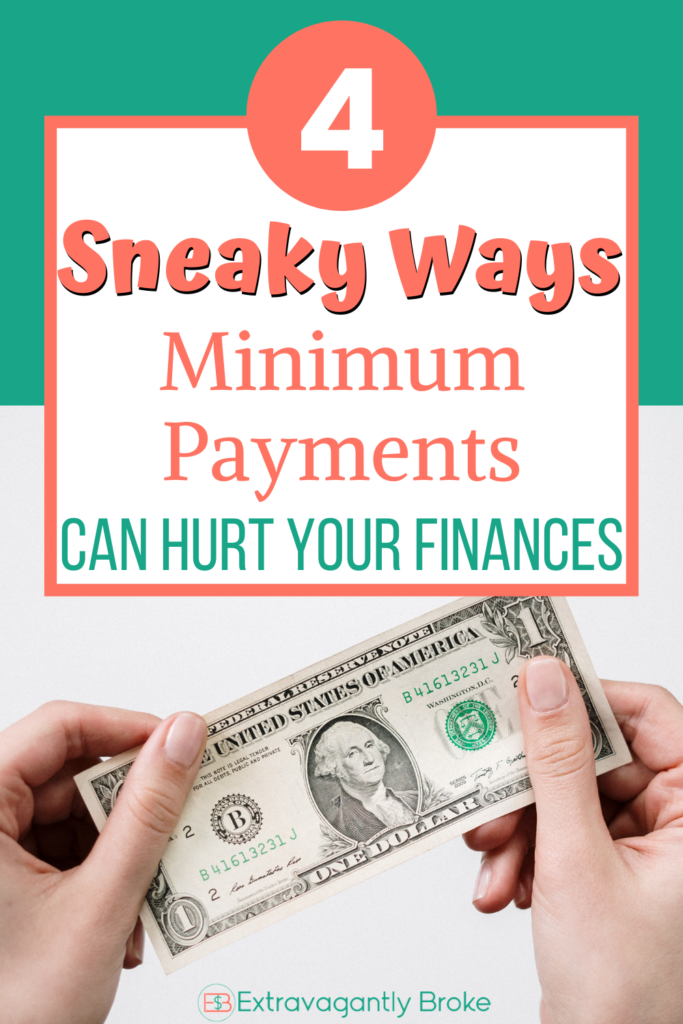
Table of Contents
What Is The Minimum Payment On A Credit Card?
One of the great benefits of buying something on credit is having the option to make monthly minimum payments instead of paying the total amount all at once.
Because on the surface, minimum payments:
- Make expensive items are more affordable
- Allow you to avoid late fees
- Maintain your account in good standing
And most minimum payments typically run as low as $15 or $25.
Although, how much your minimum payment will be each month really depends on your specific credit card company.
For instance, some financial institutions may charge a flat rate, a percentage of the balance, or a combination of the two.
Either way, it’s important to keep in mind that the more charges you make, the more your credit balance will increase. And the higher the balance goes, the higher your minimum payments will also be.
Alright, now we can take a look at four ways that making minimum payments now can hurt your finances down the line.
1. Paying Down Debt Takes Forever

If your budget is tight, sometimes the less you have to pay toward your monthly credit card bill, the better, right?
Wrong!
Because, although making minimum payments may sound appealing, they are not created to help you get out of debt.
In fact, it’s just the opposite.
When you allow yourself to get sucked into a minimum payment mentality that reinforces the behavior of buying things you really can’t afford. And needless to say, that is often what lands people in debt in the first place.
I mean, think about it. Credit card companies don’t set minimum payments at rock-bottom levels because they like you.
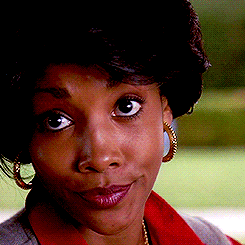
They do it because it’s a way for them to keep making money off of you.
And even though you are obligated to make the minimum payment, isn’t it frustrating when you notice that it barely put a dent in your balance?
You’re darn right it is!
So, that means your balance will either continue to grow or seem to remain at a standstill — forever! The worst part is that it could take years or even decades for you to finally pay off those credit card balances.
And how appealing does that sound? Not at all, right?
You can also check out this post on other costly money mistakes that could ruin your whole year.
2. Interest Charges Will Pile Up
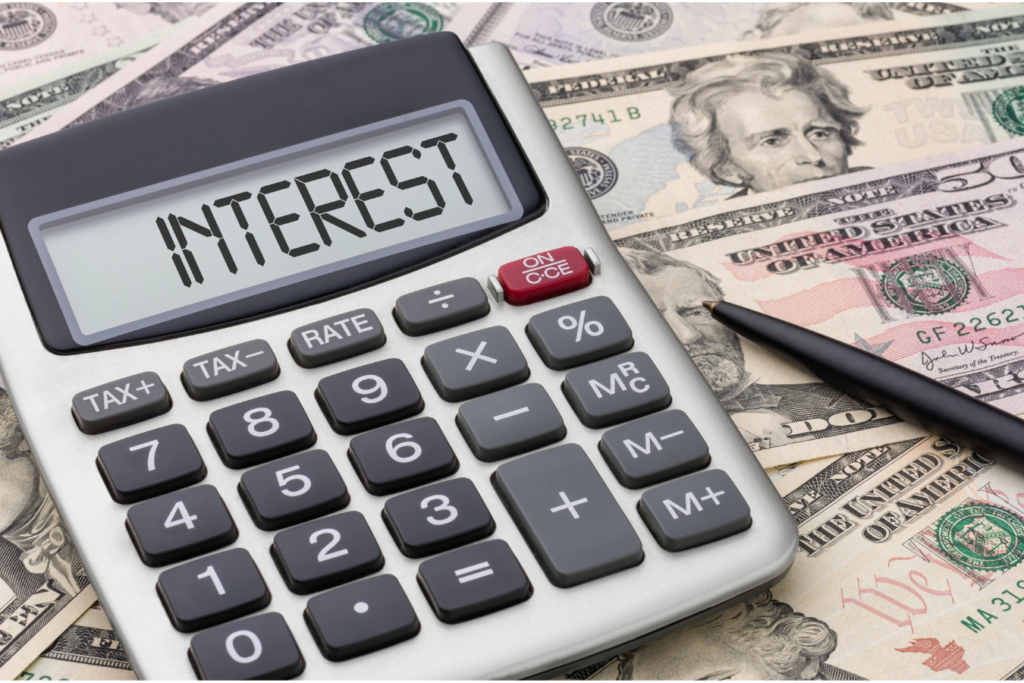
When you owe a huge balance on your credit card, the thought of paying it off entirely can feel overwhelming, right? Especially when you take into account all the other bills you have to pay each month.
So, it’s no surprise that anyone would be tempted to only make the minimum payment to make their money stretch farther.
However, this is not a good long-term financial strategy. The reason is that making minimum payments does not prevent the interest charges from piling up.
Essentially, the only thing you’re accomplishing is:
- Dodging late fees every month
- Reinforcing a habit of procrastination
- Keeping yourself lingering in debt
To make matters worse, over the years, you could end up spending hundreds or even thousands of dollars in interest by the time you finally pay the bill off.
And if you need some ideas to make your money go farther be sure to check out this post on ways to stretch your budget.
3. Your Credit Scores Could Plummet
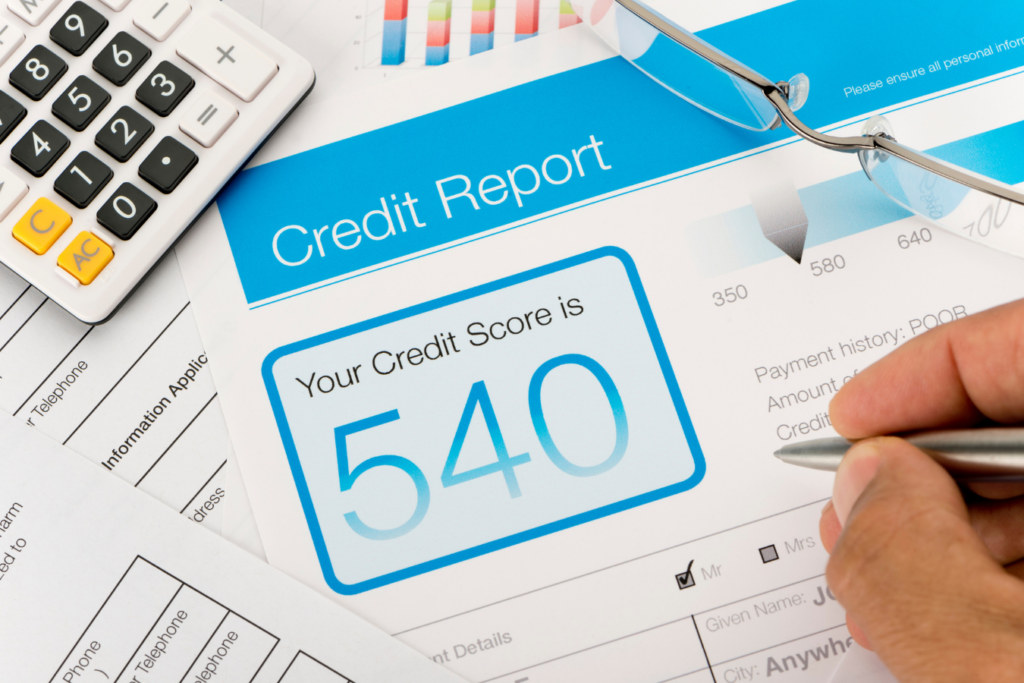
Every time you make a purchase on your credit card, both your debt-to-income ratio and your credit utilization go up.
Your debt-to-income ratio is the total amount of your gross monthly income that is eaten away by debt. So, to maintain your finances at a comfortable level, it’s best to keep this number below 28%.
On the other hand, your credit utilization ratio determines how much of your total available credit is used up by debt.
You need to be aware that credit utilization is the second largest influential factor in determining your credit score, just behind payment history. It makes up a whopping 30%.
So, obviously, the more credit you use, the higher the balance. And only making minimum payments means you’re allowing those high balances to carry over each month.
So, when that happens, your credit scores drop. And that can seriously hinder your efforts if you’re aiming to reach specific financial goals.
For instance, it could affect your ability to buy a house, car, or rent an apartment. Not only that, but it can also interfere with your ability to find a job in some cases.
4. Borrowing Money Is More Difficult

We all know that buying a house, car, or even an investment property takes a lot of cash. And chances are, someday, you will need a loan.
But, if you’ve been making minimum payments on long-standing debt, then your chances of qualifying for a loan just got harder.
Because before you can qualify for a loan, a lender will want to evaluate your ability to repay it. So, naturally, the first thing they do is pull your credit report.
Your credit report and FICO score act kinda like your financial report card. So lenders can use that information to assess whether you’re passing or failing at managing your current debt load.
Then they can determine if your finances can support taking on additional payments.
Unfortunately, if you’ve only been making the minimum payments on your other debts, it’s easy for them to label you as a high-risk borrower.
And that could hinder you from qualifying for the loan, which means your dreams of getting the house or car you truly want could go swirling down the drain.
That’s why it’s always best to pay your credit card balances in full every month. But, even if you can’t afford to do that — you should always pay at least double the minimum payment.
Because, at the very least, it will lower your balance faster and cut your repayment time in half. Plus, paying more than the minimum payment will have a much more positive effect on your credit report.
The Bottom Line
Even though making only the minimum payments on your credit accounts may sound like a good option, it actually has a lot of sneaky drawbacks.
And even just doubling up on the minimum payment every month can help you save a ton of money and a buttload of financial frustration.
Need a few money secrets to make your paycheck last beyond payday? Grab a cheat sheet below.
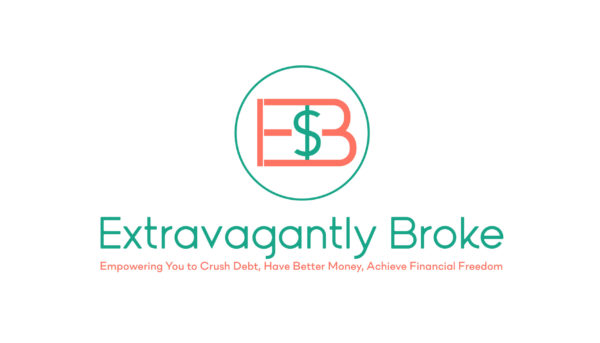






One Reply to “4 Sneaky Ways Minimum Payments Can Hurt Your Finances”
Comments are closed.